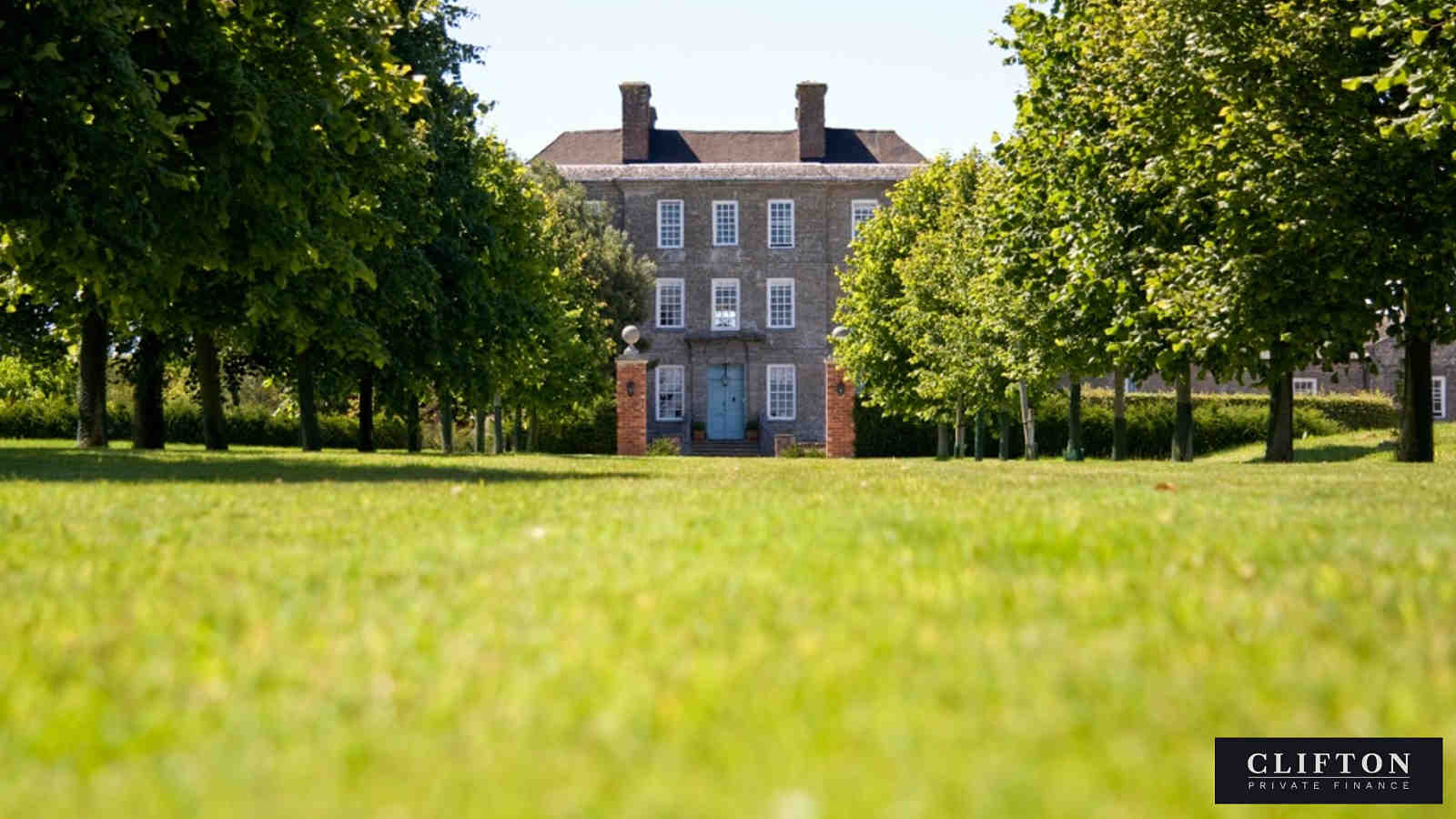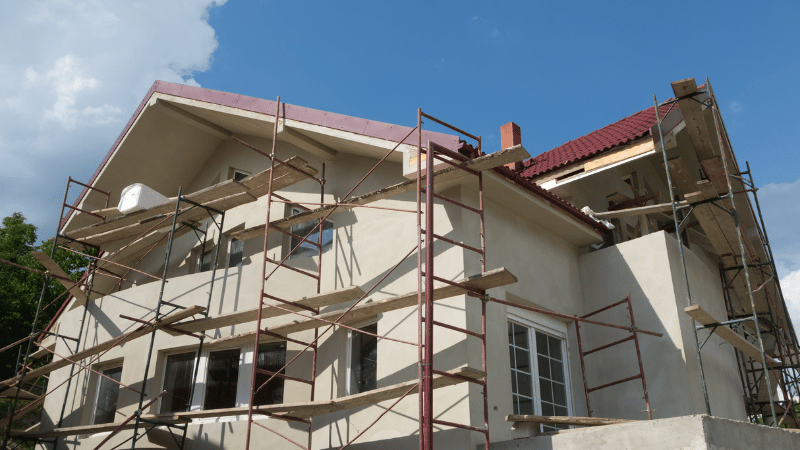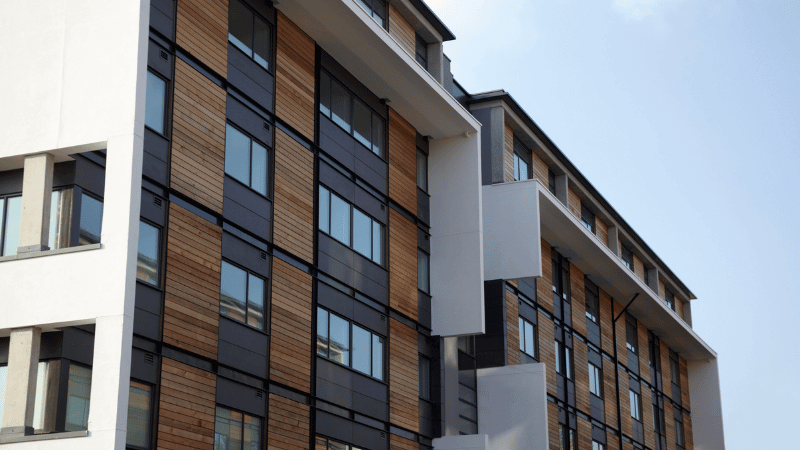Categories
How to get a mortgage for a mixed-use country estate

Commercial income from rural outbuildings is an attractive proposition for potential buyers of substantial rural properties. But it's a worrying combination for mortgage lenders.
Country estates with substantial acreage in addition to a main residence already call for specialist lenders with an appetite for rural holdings.
But a mixture of commercial and residential interests on a single title is a concern for mortgage lenders, and calls for imaginative finance solutions - and a degree of persuasion and persistence from an experienced mortgage advisor to see them through to completion.
Related: How to Get a Mixed Use Property Mortgage
The new market for rural properties
Substantial houses and country estates have been undergoing a revival in recent years - and not only during the pandemic which saw a flight from city centres to rural properties offering space to roam.
After the crisis of the British country house in the 1930s, when fine country properties were literally being torn down because of declining agricultural revenues and the effects of taxation, rescue most commongly came from conversion into country hotels, schools and nursing homes, or sub-division into grand apartments.

An income stream for landed estates
A new breed of entrepreneurial buyers with income and experience from a variety of commercial ventures are now driving the market to reclaim them as luxurious private residences - often supported by the imaginative commercial conversion of outbuildings as studios, spa centres, workshops, publishing offices and retail outlets, as well more traditional rural uses as garden centres, livery stables, holiday lets or permanent rental accommodation.
The potential for ongoing income from an estate is an attractive proposition for potential owners. But it will not help you in a mortgage application, since potential rental income can’t be applied to your affordability stress test until you can show rental records for two years.
But a few years down the line, these could be incomes which go a long way towards paying for the upkeep of a country estate – or evening turning a tidy profit.
Stamp duty and country estates
A mixture of residential and commercial property has offered a way round the hefty "stamp duty" (Stamp Duty Land Tax: SDLT) of up to 12% normally payable on premium properties (plus the additional 3% due if this is a buyer's second home).
(During the pandemic buyers of substantial properties have gained some advantage from the UK government's temporary "stamp duty holiday", which would have netted them a reduction of up to £15,000 in SDLT on a £2M property.)
More significant savings were gained from the "mixed-use" rate of stamp duty at just 5%, payable on an entire property if there was a demonstrable mix of residential / commercial / agricultural use on the estate.
That’s a big plus, and might encourage vendors to boost the price. But it only applies to buyers who can get the purchase finance.

How to get lending on mixed commercial and residential
Here’s the catch: most mortgage lenders won’t touch mixed-use landed estates.
Their concern is that in a worst-case scenario if they had to foreclose on the property, they’d be evicting not just the owner but a number of tenants. It’s going to be messy.
Unless you’re a high net worth borrower (when your mortgageability will be assessed on your earnings rather than the realisable value of the property) mortgage finance isn’t available to you.
What’s the anwer if you don’t qualify as HNW client and you’ve been getting a series of refusals?
Our brokers have been working with an elegant solution:

A win-win for both vendor and buyer
Splitting the titles for the buildings on a rural estate means that you as the buyer will miss out on the potential stamp duty savings on a single mixed-use title. But in reality, if purchase finance was not going to be available to you, you weren't going to be able to complete the transaction and tax advantage of the tax break.
Can a vendor be persueded to split the title?
This may seem like an amount of legal work which will involve a lot of time and substantial costs for the vendor. But in reality substantial rural estates don’t sell in a matter of weeks, and deed separation can be achieved surprisingly quickly and at a very low cost in relation to the value of the whole estate.
If a vendor has developed these commercial conversions of outbuildings over their period of ownership, confident that they will add to the saleability of the estate, it may be an uncomfortable revelation for them to discover their property is unavailable to a considerable proportion of their potential purchasers.
Skilful negotiating by your finance advisor and solicitor should persuade them that reorganisation of the titles is a the best way forward.
They are still only dealing with one committed purchaser. And with a bit of persistence the legalities can be completed within six weeks or less, and the transfer costs are often shared between vendor and buyer.
As a buyer you get to purchase a lifetime group of properties which will produce revenues year on year.
Result.
Other rural estate finance deals we have arranged...
The financial resources required for purchasing a substantial country house, and the very nature of historic rural properties means that finance for these transactions is always going to be complex. But that doesn't mean protracted. Or impossible:
Cotswold estate purchase finance for complex-income expat buyer
A Cotswold property with 48 acres of land already needs a lender with a specialist interest in rural finance. In addition, the buyers for properties of this quality are usually wealthy individuals with complex income, which may be beyond the scope of high-street lenders to assess.
This deal required negotiation to persuade the specialist lender that the documentation we could offer was acceptable. Read more »
Bridging finance to purchase development site for 2 barn conversions
Farm outbuildings suitable for barn conversions are highly-sought-after, both for their desirable rural locations and their suitability for a modern, open-plan style of living combined with period features.
In this instance, our client wasn’t looking for a substantial amount of finance for the adjoining Lincolnshire barns she wanted to buy. But the condition of the buildings meant that they were officially classified as “derelict” – which called for a specialist development finance lender. Read more »
Call Clifton Private Finance to discuss your finance requirements
One of our experienced rural estate advisors will be able to discuss the details of your set-up, and what we could arrange for you:
Read more about our large mortgage service
And if this blog has been useful to you, please share it:














